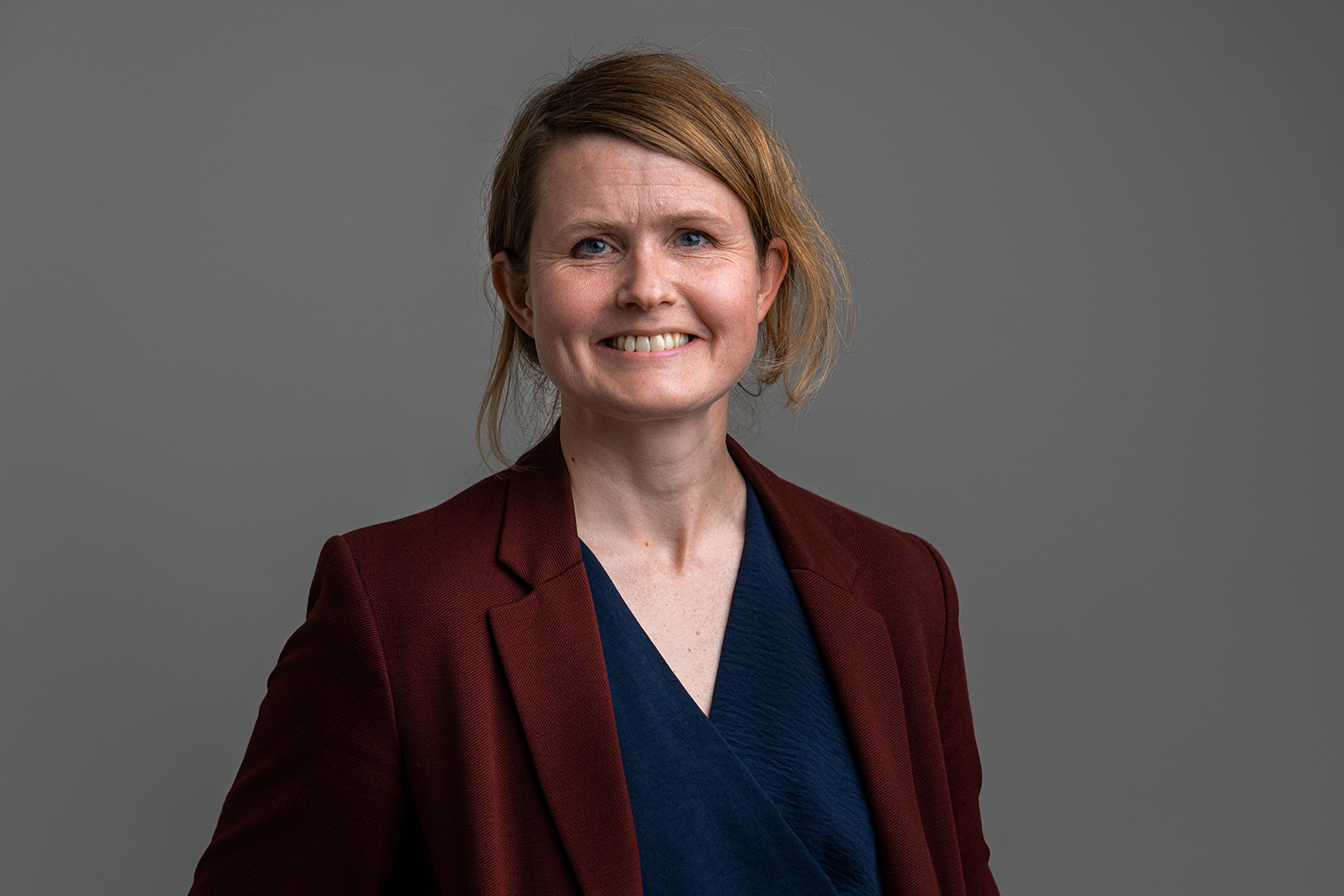Ditte Marie Munch-Jurisic
Research leader

Project title
Cultured Emotions: A Conceptual History of Alexithymia
What is your project about?
In my project, I am bringing together a group of philosophers, neuroscientists, psychologists and historians to question some of the most prevalent ideas about emotions. Since the 1970s, the psychological sciences have used the term “alexithymia” to describe people who do not have words (lexi) for their emotions (thymos). This framework and others like it have then been used to pathologize individuals who do not conform to certain expectations of emotional expression. But do we always know what we are feeling? Latest research shows that across cultures and individuals, there is significant variation in how we experience emotions, and that it is entirely normal to be in doubt about our emotional states. The project will carry out a historical and philosophical study of alexithymia as a critical lens onto our understanding of emotional norms and use the findings to help inform the treatment of emotional health in clinical settings.
How did you become interested in your particular field of research?
My background is in philosophy, which I always wanted to apply to concrete problems in society. I started with studying genocide, which eventually led me to focus on how perpetrators of mass atrocity understand the phenomenon of “perpetrator disgust”, when their bodies seem to involuntarily react to their crimes. What I found surprised me and seemed to challenge prevailing theories of emotions. For example, there is no one, specific, delimited way in which we can understand our own and others' emotional lives. Our interpretations of emotional episodes often change over time, and our ability to understand and put into words our emotional lives depend on the social, moral, and political frameworks that surround us. This experience led me to greater interest in our understanding of emotions more broadly, and to this project.
What are the scientific challenges and perspectives in your project?
My research project contributes to a new paradigm within the affective sciences, challenging a conventional view that assumes there is one specific set of universal emotions that are evolutionarily determined. This paradigm of basic emotions, which remains very dominant, will be familiar to many people from the Disney film, "Inside Out". The film is premised on the idea that emotions are individual, inner states that are common to all. In the new paradigm, we see emotions as scripts that we learn and internalize so deeply that they come to feel natural and immutable. Here in Denmark, for example, we perceive a wrinkled up nose as an expression of disgust. In Inuit culture this specific facial movement simply means no. Across cultures and social codes, many misunderstandings can arise. The broader point is that our emotional lives are far more malleable and capacious than we tend to suppose.
What is your estimate of the impact, which your project may have to society in the long term?
A central part of my project is to help inform public policy and clinical practice with the latest understanding of emotions, shaped by findings from neuroscience, cross-cultural studies, linguistics, and history. For example, when assessing the emotional competence of parents, it is important that the tests used match the parents' cultural scripts. In Denmark, we have recently had this discussion in relation to Inuit parents, who had their children removed partly on the basis of flawed tests of emotional expression, but there are many more minority groups and individuals who are at risk of professional judgements based on outdated understandings of emotional health.
Which impact do you expect the Sapere Aude programme will have on your career as a researcher?
This grant comes at a crucial point in my research career and enables me to continue and to expand my contributions to our understanding of emotions. Together with an excellent team of diverse researchers, I look forward to testing, developing, and disseminating a contextual view of emotions and using our findings to help inform clinical practice. The recognition of the project’s potential is also a testament to the importance of interdisciplinary research to advance scientific knowledge. I look forward to finding more ways to combine applied philosophy and public health research.
Background and personal life
I am one of those researchers who takes weekends and holidays completely off. If I am lucky, my children will bake a cake or my husband will go crazy in the kitchen with his beloved New York Times Cooking app. We love cycling, swimming, and going for walks, preferably in North Jutland, where I grew up. I prefer to spend my holidays completely sunk into a novel. Now, I am reading Mikas Lang’s razor-sharp Bamberg Blues, and I am looking forward to reading The Sisters by Jonas Khemiri.
View all research leaders here
Research institution
University of Copenhagen, Centre for Culture and the Mind
Research field
Philosophy and Medical Humanities
City of your current residence
Copenhagen
High school
Aalborghus Gymnasium
